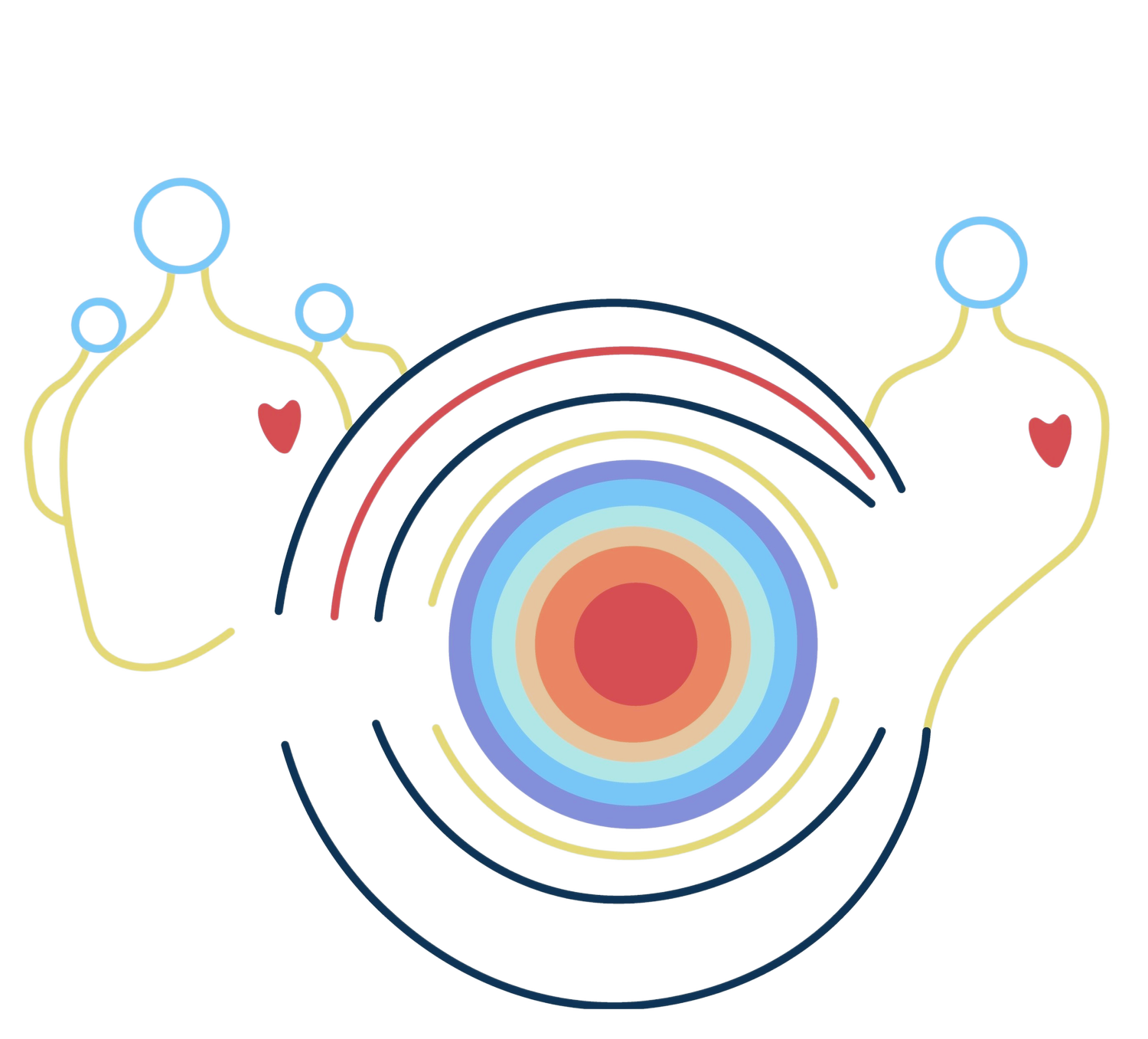complexity of apprehension without therapy
Many children and youth in the care of the child welfare system are consistently restrained physically as a way of managing their behavior. Belligerence that most likely surfaces due to deep rooted anger about being in the system savored. Aggression that is expressed because of unexpressed grief from being pulled away from the only place and person that represented home. Relationships that were abruptly severed without a final farewell, much like death on a cold stairwell. Yet, the system expects modelled behavior, perfect points on the behavior management chart, they favor. A goal to do good and only good, is what’s understood.
They didn’t see it coming. One minute they were panting in fear and the next, was an unanticipated knock on the door, that left them vexed. Life had changed for the better but the bitterness of what’s best left them breathless. How they wished for that glimmer of joy they rarely felt. Going from life to death with such immediacy was too much to digest. They closed their eyes and danced into an imagination that would help this all make sense, but nothing quite rest.
Children placed with total strangers and an expectation that they settle. They are placed in spaces that are unfamiliar to them and expect them to function without challenges or a rattle. But how could they when all they long for was all they knew. Though it was hard and bad and often made them mad, it was who they knew as mom and dad. Imagine being removed from the care of the only people you know, never seeing them again, that’s incredibly low.
Suddenly life changed, and those they knew as family were no longer there. The past wiped out by an immediate fear. They stare at the door, hoping for their mommy dear; only to see her shadow lose sight, like an angel who disappeared. No one says much to keep them in touch. There is this assumption that they really shouldn’t care much. Far from the truth, they clench their boots. Waiting for someone to tell them the unapologetic truth.
Hours turn into days, and days turn into weeks, and weeks turn into years and returning home is like being close to the grave. A death they had never craved. No one comforts the lost, a consequence that has a lifetime cost.
Why are we not dealing with the stone-cold reality that taking children from their family without therapy is a painful casualty. Instead, we disregard the control we have in our ability, leaving children to live life in their emotional fragility. A vulnerability that results in susceptibility, to a life that could later end in fatality.
Be patient as children grieve the loss of their families, keeping in mind their deep anger comes from a place of agony. Advocate for systems to free them with psychotherapy, so they can live a life with peace and tranquility.
If we fail to recognize the destruction of our irrationality, we will continue to graduate children to the adult criminal system naturally or the mental health system with insanity. Children and youth need to be supported through a mandatory treatment plan that promotes therapy/counselling to deal with the death of their family relationship(s). Much like one grieves the death of a close family or friend, children need the same. Labeling children as behavioral following apprehension is irrational given their circumstance. Their painful loss without the right support perpetuates their rage and their anger results in aggression. Why would we expect anything more? Why do we spend so much time fixing their behaviors and attitude and no time fixing the weight of their loss? How do we justly stand as a nation that protects children, when we cause more damage than good? Why do we not see that apprehending a child from their home has side effects that require care?
Let’s support children to channel their brilliance, keeping in mind that therapy could strengthen their resilience.
